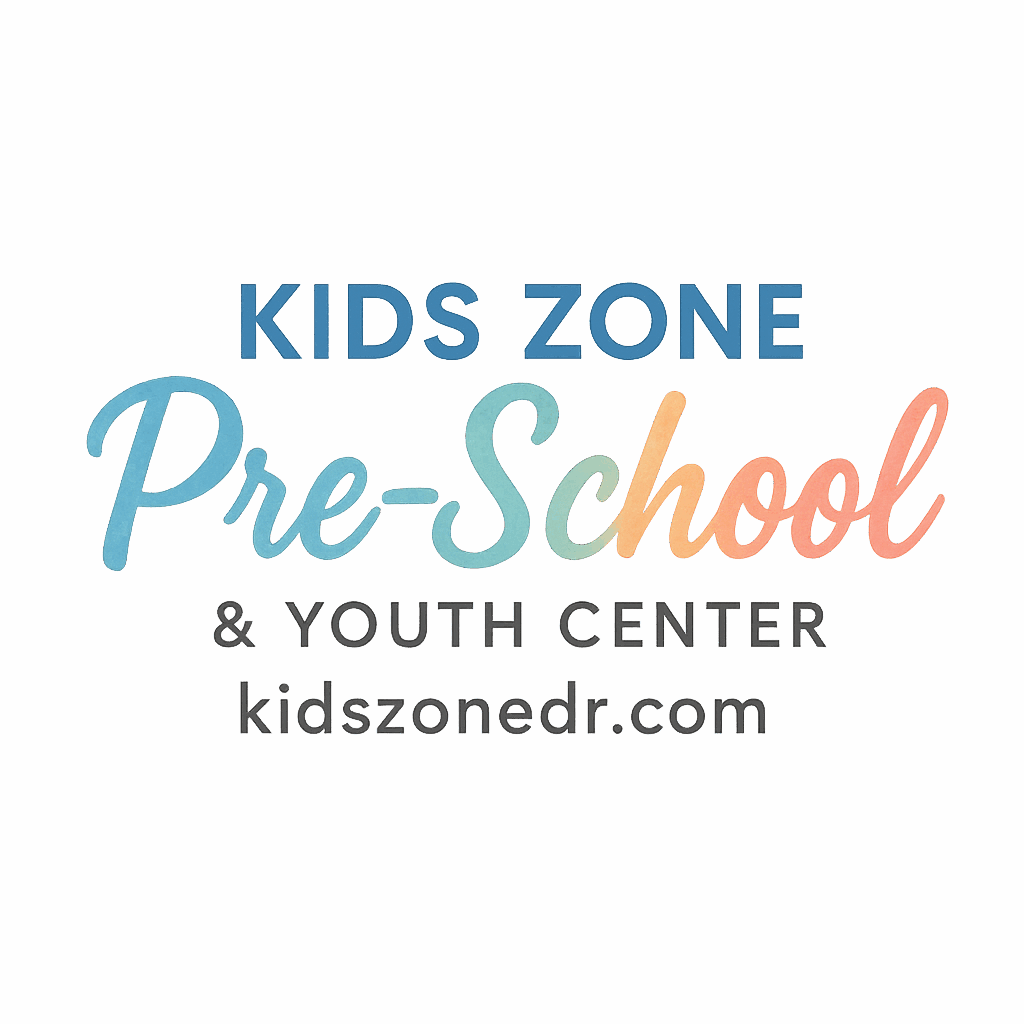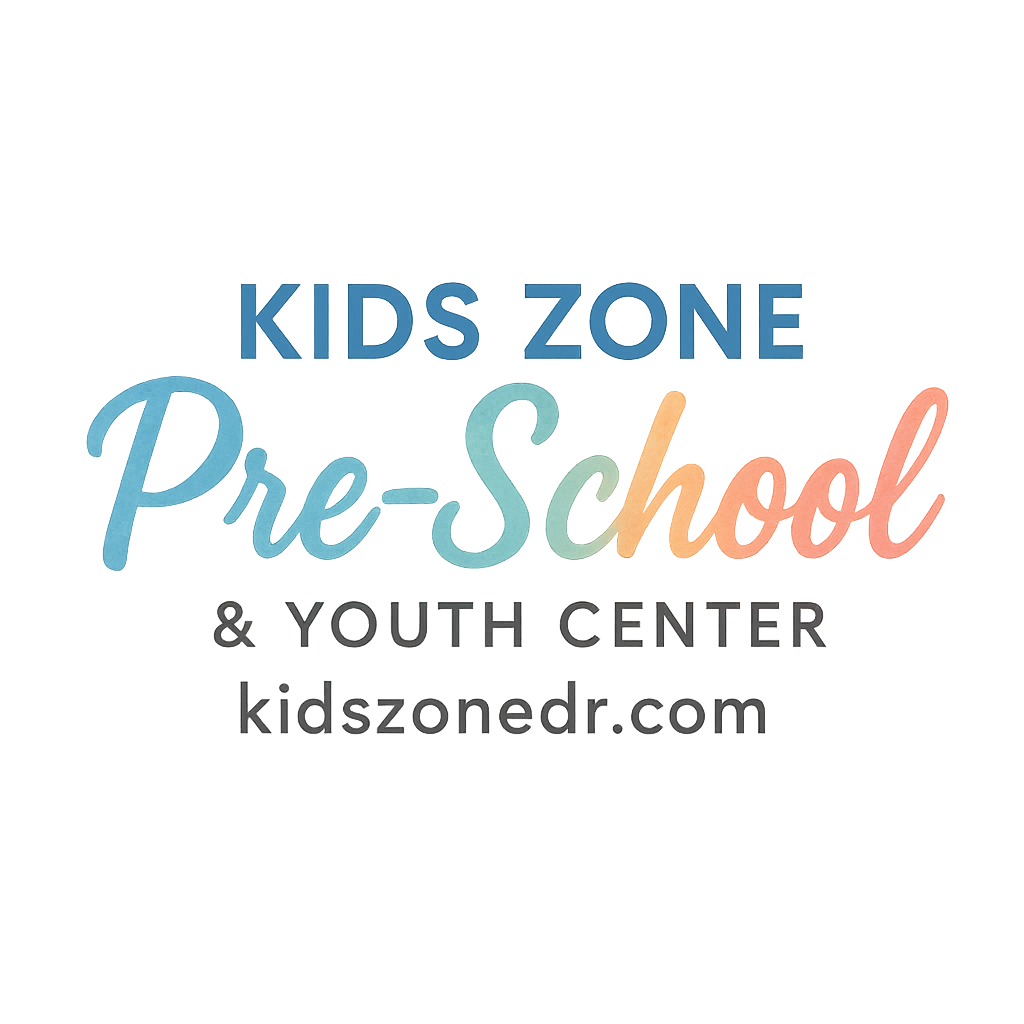Introduction: Why the Preschool Choice Matters
Choosing the right preschool is one of the first big decisions we make for our children. It’s not just about crayons and nap time—it’s about laying the foundation for their lifelong learning journey. One educational approach that continues to gain popularity among parents is the Montessori preschool program. So, why do so many parents go this route?
If you’re searching for a nurturing, respectful, and independence-focused preschool program, Montessori might just be your perfect match. In this article, we’ll explore 5 compelling reasons parents choose Montessori preschool programs and how they support your child’s development.
Plus, we’ll drop some helpful links like how to choose the right preschool, daily routines and activities, and tips on parental involvement along the way!
What Is a Montessori Preschool Program?
A Quick Peek into the Montessori Method
Dr. Maria Montessori, an Italian physician and educator, developed the Montessori Method in the early 1900s. Her goal? To cultivate a love for learning by respecting each child’s unique personality, pace, and passion.
The Philosophy Behind Montessori Education
Rather than pushing children to conform to a one-size-fits-all curriculum, Montessori encourages exploration and curiosity. The classrooms are carefully designed to promote child-led discovery, responsibility, and joy in learning.
Reason #1: Child-Centered Learning Approach
Encouraging Independent Thinking
Montessori classrooms are designed to foster independence from the very beginning. Instead of the traditional “teacher talks, kids listen” model, children in Montessori schools choose their own activities based on interest and developmental readiness.
This child-centered approach aligns perfectly with early childhood development principles and helps build intrinsic motivation.
Real-Life Example: A Day in a Montessori Classroom
Picture a preschooler pouring water from one jug to another, carefully concentrating, without interruption. That simple activity teaches coordination, focus, and confidence. Montessori educators guide, observe, and encourage—but don’t micromanage.
Curious about preschool day-to-day life? Here’s a peek at daily routines and activities that keep kids thriving.
Building Self-Confidence from the Start
As children make choices and complete tasks independently, they develop a sense of accomplishment. These little wins add up, building self-esteem and a can-do attitude that lasts a lifetime.
Don’t miss our content on confidence-building techniques at KidsZoneDr.com!
Reason #2: Emphasis on Holistic Development
Nurturing the Mind, Body, and Soul
Montessori education sees your child as a whole person—not just a “student.” Activities aren’t only academic; they nurture emotional, physical, social, and intellectual growth in tandem.
From practicing yoga stretches to caring for a class plant, children learn how to balance their well-being and connect with their surroundings.
Life Skills as Core Lessons
Montessori programs teach real-life skills like sweeping, dressing, or setting a table. These might seem simple, but they build coordination, responsibility, and independence.
Looking to boost your child’s life habits at home? Explore resources on healthy habits and preschool wellness.
Reason #3: Prepared Environment Promotes Exploration
The Power of Hands-On Learning Materials
Montessori classrooms are filled with beautifully crafted, hands-on materials. Each one is carefully designed to target a specific learning objective—from counting beads to sound boxes.
These tactile tools help children grasp abstract concepts by physically working with them. It’s learning by doing.
Love structured environments? Learn about structure in early education.
Order and Structure Within Freedom
Yes, Montessori kids get to choose—but that doesn’t mean chaos. The classroom is thoughtfully arranged to allow freedom within limits. This setup teaches children how to self-regulate, focus, and respect others.
Want to learn more about organized learning environments? Check out our tagged content on classroom dynamics.
Reason #4: Mixed-Age Classrooms Foster Peer Learning
Learning from Each Other
In Montessori, classrooms typically span three age groups. This setup allows younger children to learn from older peers, and older kids reinforce their knowledge by helping the little ones.
Boosting Confidence and Leadership Skills
Older students gain confidence and leadership experience by mentoring their peers. It’s a beautiful cycle of cooperation and mutual growth.
Looking for more on this? Our tag on growth and development is packed with helpful insights.

Reason #5: Strong Focus on Respect and Independence
Children Learn to Respect Themselves and Others
Montessori culture encourages mutual respect. Children are spoken to kindly, expected to listen, and taught to resolve conflicts peacefully.
This social-emotional learning focus builds strong interpersonal skills—essential for life!
Fostering Responsibility and Self-Discipline
Children clean up their messes, return materials, and manage their schedules (yes—even 4-year-olds can do that!). These simple acts teach accountability and independence early on.
Check out our parenting and discipline posts for more actionable tips!
Choosing the Right Montessori Preschool
What to Look For When Touring a School
When visiting a Montessori preschool, keep your eyes open for:
- Calm, focused children
- Clean, inviting spaces
- Child-sized furniture and materials
- Respectful, soft-spoken educators
Need help with your school search? We’ve got a full guide on it!
Ask These Questions Before You Enroll
- Is the school certified by a Montessori organization?
- Are the teachers trained in Montessori methods?
- What’s the teacher-to-child ratio?
- How is progress assessed?
Explore our full checklist on choosing the right preschool.
The Role of Parents in Montessori Education
How You Can Support the Montessori Way at Home
Montessori doesn’t stop at the school gate. Parents play a huge role in reinforcing the principles at home. Simple changes—like creating accessible shelves or letting your child dress themselves—can go a long way.
Encouraging Growth Through Involvement
Want to be part of the classroom? Many Montessori programs encourage volunteering, so parents can engage and stay informed.
Check out our parental involvement tips for more ways to connect.
Montessori and Child Development: What the Research Says
Backed by Science and Child Psychologists
Studies consistently show that Montessori students outperform peers in areas like reading, math, social skills, and executive function. The reason? It’s all about developmentally appropriate practices.
Explore our hub on preschool learning and development.
Supporting Milestones and Healthy Growth
Montessori programs align naturally with children’s developmental milestones, offering support just when they need it most.
Don’t forget to track your child’s progress with our resources on child milestones and kids’ development.
Conclusion: Is Montessori Right for Your Child?
At the end of the day, Montessori preschool programs aren’t a trend—they’re a thoughtfully developed approach that puts the child first. From encouraging independence and emotional intelligence to nurturing curiosity and confidence, Montessori ticks many boxes for parents looking for high-value early education.
So if you’re asking yourself, “Is Montessori right for my child?”—consider visiting a school, talking to other parents, and doing a trial day. You might just fall in love with the method, too.
And don’t forget to explore KidsZoneDr.com for expert advice, parenting tips, and more on early childhood education.
FAQs About Montessori Preschool Programs
1. What age should my child start Montessori?
Most Montessori preschools accept children as young as 2.5 or 3 years old. Earlier exposure can support better adaptation.
2. Is Montessori good for every child?
While many thrive in Montessori, it depends on your child’s temperament and learning style. Some kids need more structure or direction.
3. Are Montessori teachers different from regular preschool teachers?
Yes, Montessori teachers are trained to observe rather than instruct and use specific Montessori materials.
4. Will my child struggle transitioning to a traditional school later?
Most Montessori students adapt well due to their strong social and academic skills.
5. Is Montessori expensive?
Montessori tuition varies, but many schools offer scholarships or sliding scales. The value of the education is often worth the cost.
6. Can I apply Montessori principles at home?
Absolutely! Start with small steps like child-sized furniture, routine charts, and respectful communication.
7. Is Montessori education backed by research?
Yes, several studies confirm its positive impact on cognitive, social, and emotional development.


